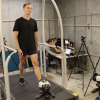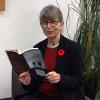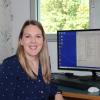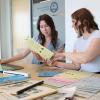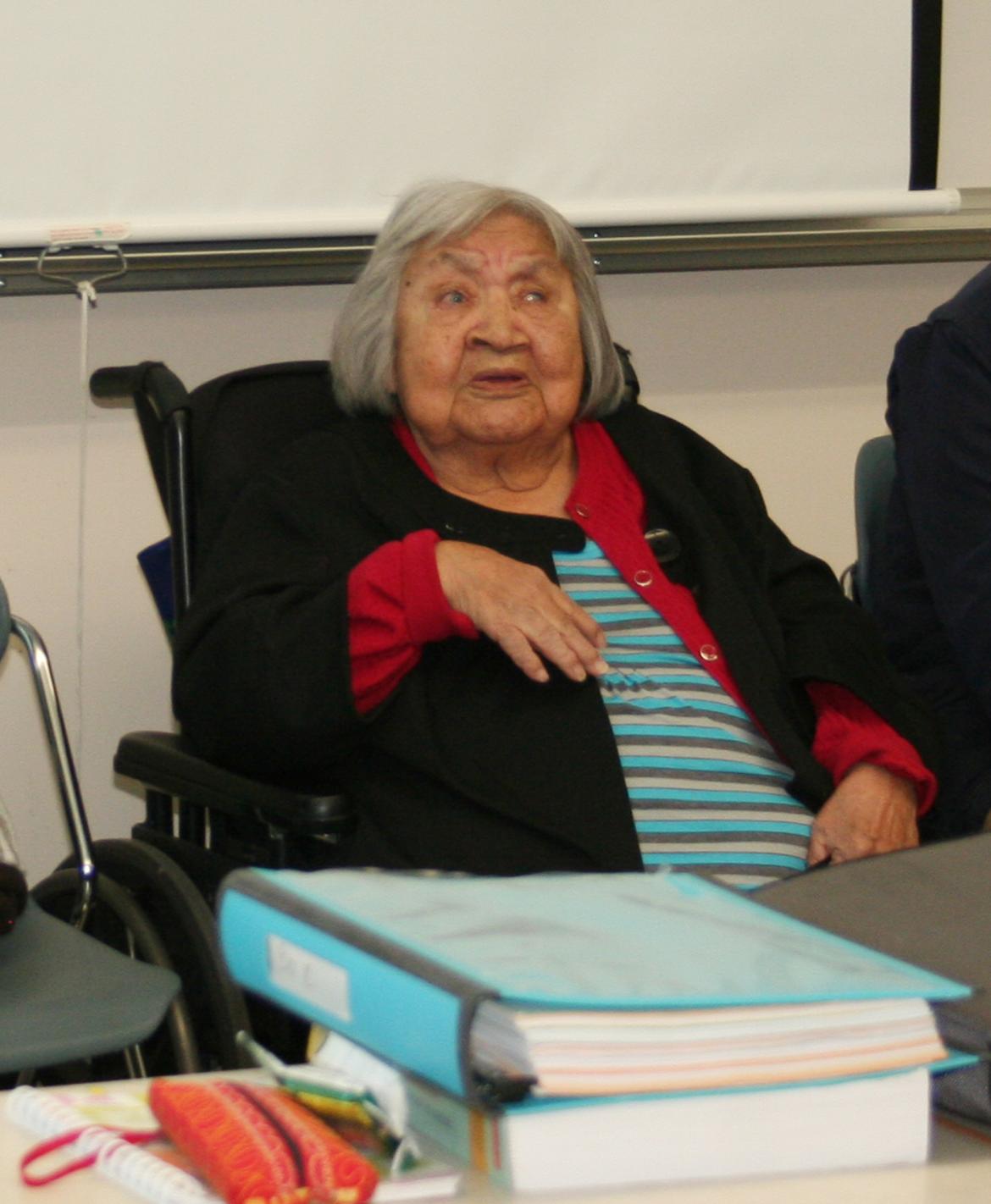
March 24, 2014 - 5:00am
Students in Vancouver Island University’s (VIU) Health Care Assistant (HCA) program will now benefit from the addition of Aboriginal perspectives relevant to their training, and guidance from Aboriginal Elders-in-Residence at three VIU campuses.
VIU had offered an Aboriginal-focused HCA program at its Cowichan campus for that last four years, however VIU faculty recognized the importance of including Aboriginal perspectives into all HCA programs offered at Cowichan, Nanaimo and Powell River campuses, said Carol Stuart, Dean of Health and Human Services.
In a special gathering at VIU’s Aboriginal Gathering Place on the Nanaimo campus last month, Stuart joined Snuneymuxw First Nation member and VIU Elder-in-Residence Geraldine Manson in welcoming a group of 30 HCA students starting the newly formatted program.
“Aboriginal perspectives absolutely need to be a part of training for any health care assistant,” said Stuart. “It’s particularly important here on the Island in terms of the population of the elderly that students will work with – they are guaranteed to have a number of clients who are First Nations or urban Aboriginal clients.”
Students in the 24-week HCA program will be supported by Elders-in-Residence serving all three campuses, and will benefit from Aboriginal perspectives woven into program content.
“Students in this program will gain some understanding of the First Nations experience — not just Aboriginal culture and traditions, but also an understanding of the extent of oppression and abuse that has happened to First Nations people in this country,” Stuart said.
In her role as Elder-in-Residence, Manson works directly with students and faculty in Health and Human Services programs at VIU’s Nanaimo campus three days per week. Early in her career, Manson trained as a Health Care Assistant and has deep experience working with Elders in the Snuneymuxw First Nation.
Manson offered her encouragement to the students and advised them to take the time to know their clients as unique and special individuals. “When you get to know an Elder, you get to know them like a book – their personalities, their moods, their favourite foods,” she said. “They love hugs and they love to be spoken to.”
Manson brought along as special guests her cousin, Rose Scow, and Rose’s son and caregiver, Russell Scow. At age 86, Rose receives home support care twice per day, and has assistance with household and personal tasks and keeping track of medications.
Manson told students a bit about Rose Scow’s experience in life, which included childhood years spent at residential school in Chilliwack. In adulthood, Rose has had a long and very active working life, including many years at William Head Institution near Victoria offering guidance and training to inmates of the prison, and a time spent working as a cook at the Nanaimo Indian Hospital.
Scow said she only came to understand and practice her traditional culture as an adult, when she married and moved to her husband’s First Nations community in Alert Bay. At residential schools, culture and traditions were strictly forbidden.
“I was so ashamed to be among people who had culture back then,” she told the group of HCA students. “Now I am hungry for it.”
The newly reformatted HCA program, which is expected to involve First Nations in each region, began at the Cowichan campus March 17 and will launch in Powell River Sept. 22.
For more information, see http://www.viu.ca/hca/
-30-
Media Contact:
Shari Bishop Bowes, Communications Officer, Vancouver Island University
P:250.740.6443 C: 250.618.1535 E: Communications@viu.ca T: @viunews
Tags: Research

